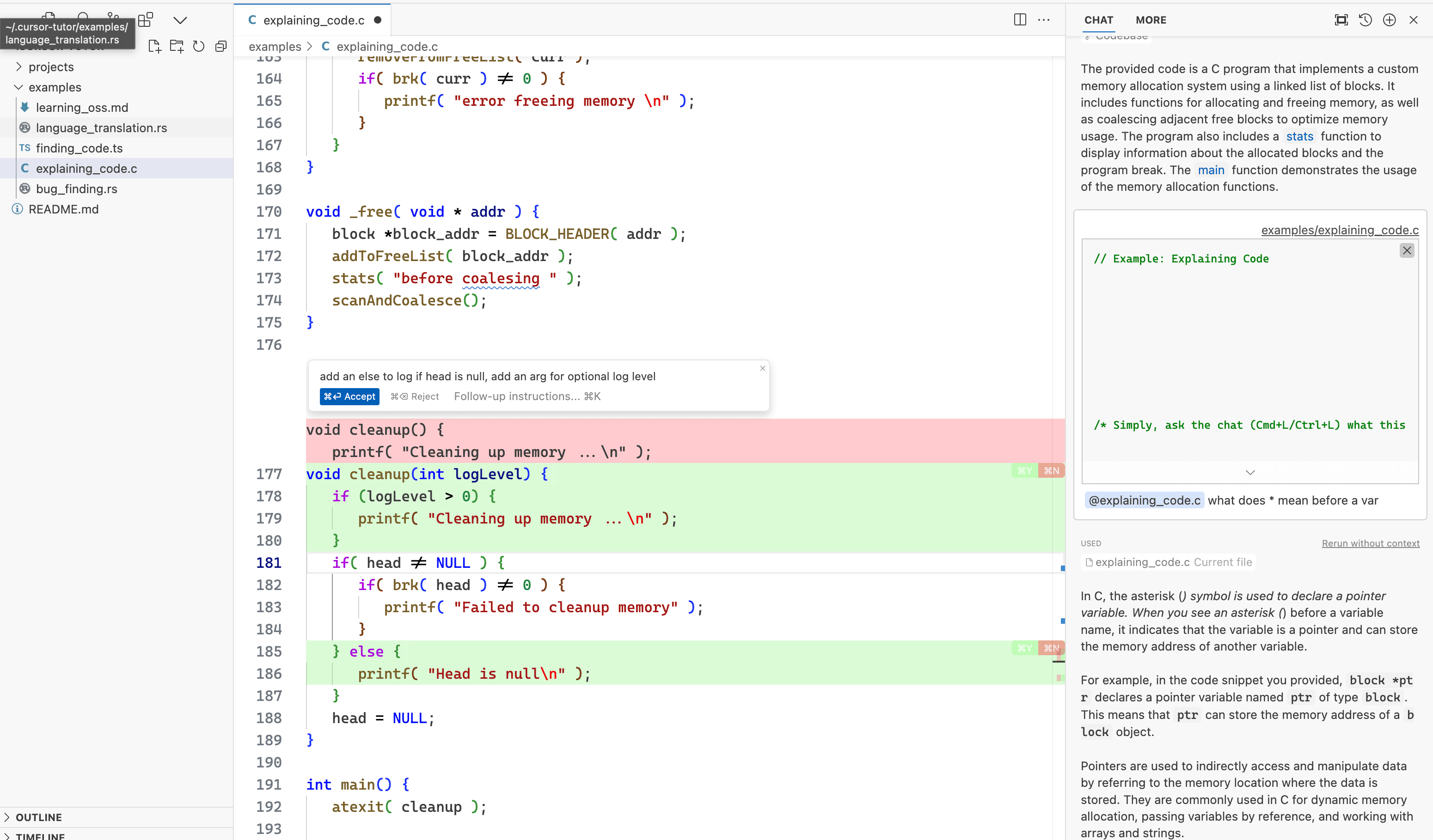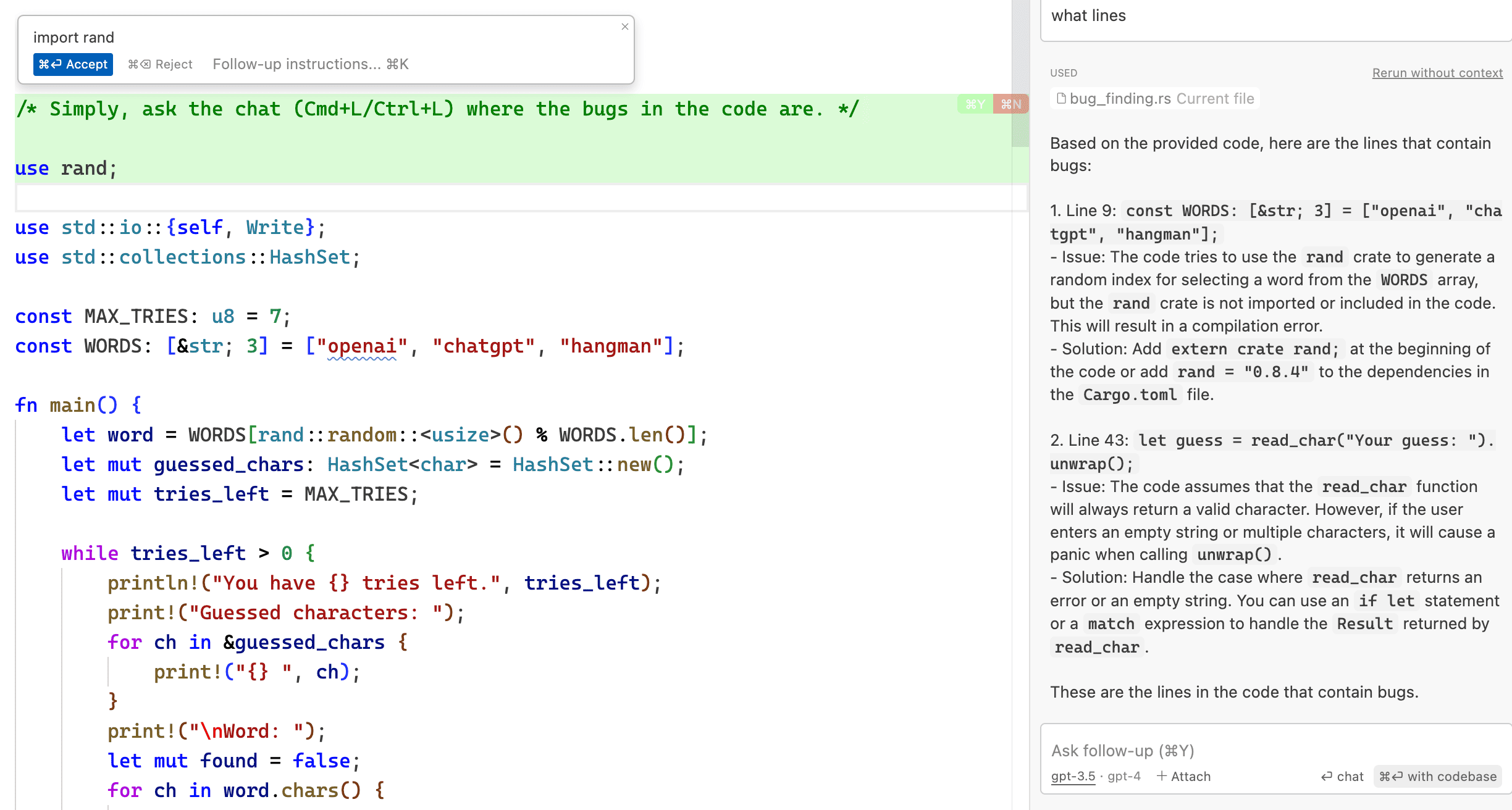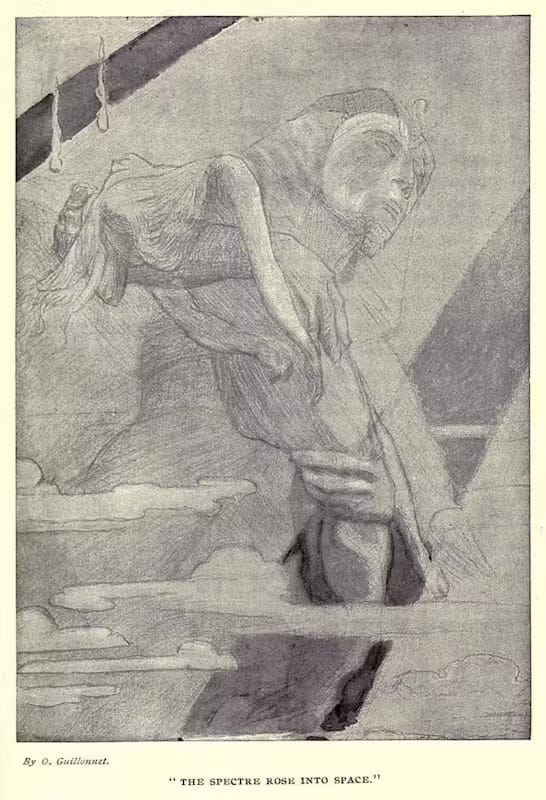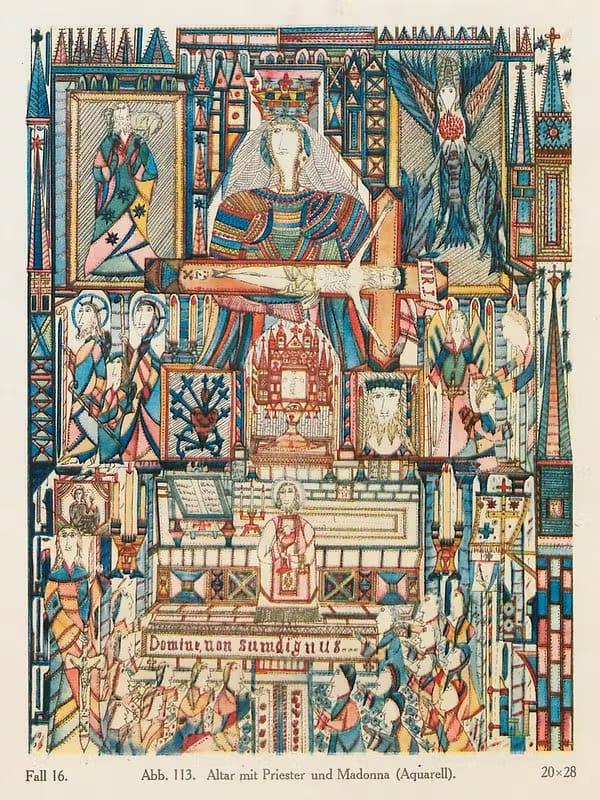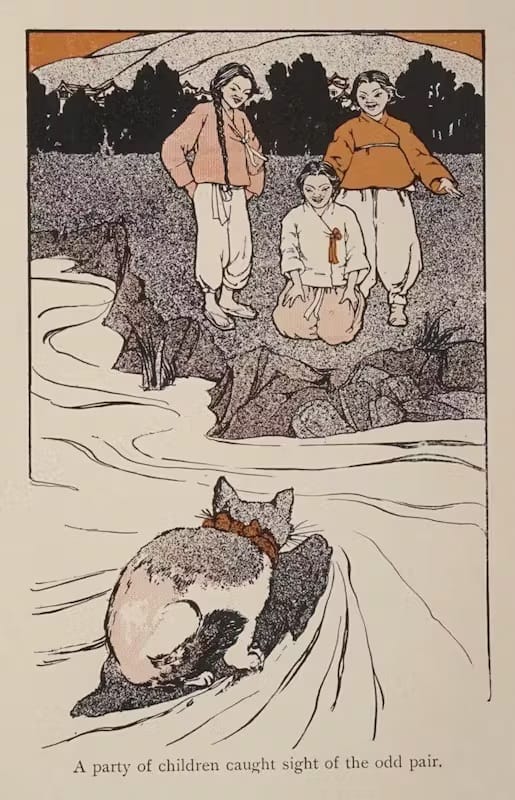August 24 2023
if u can wait till i get home

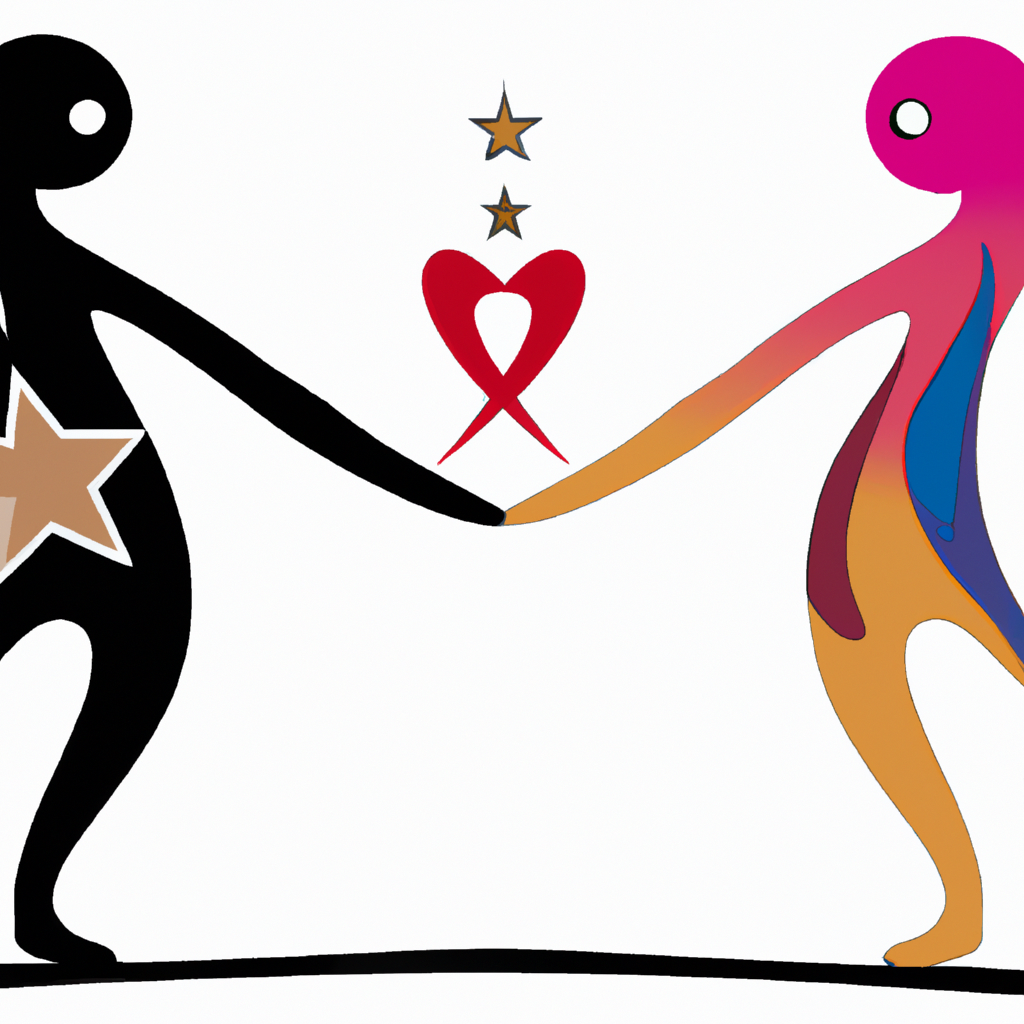

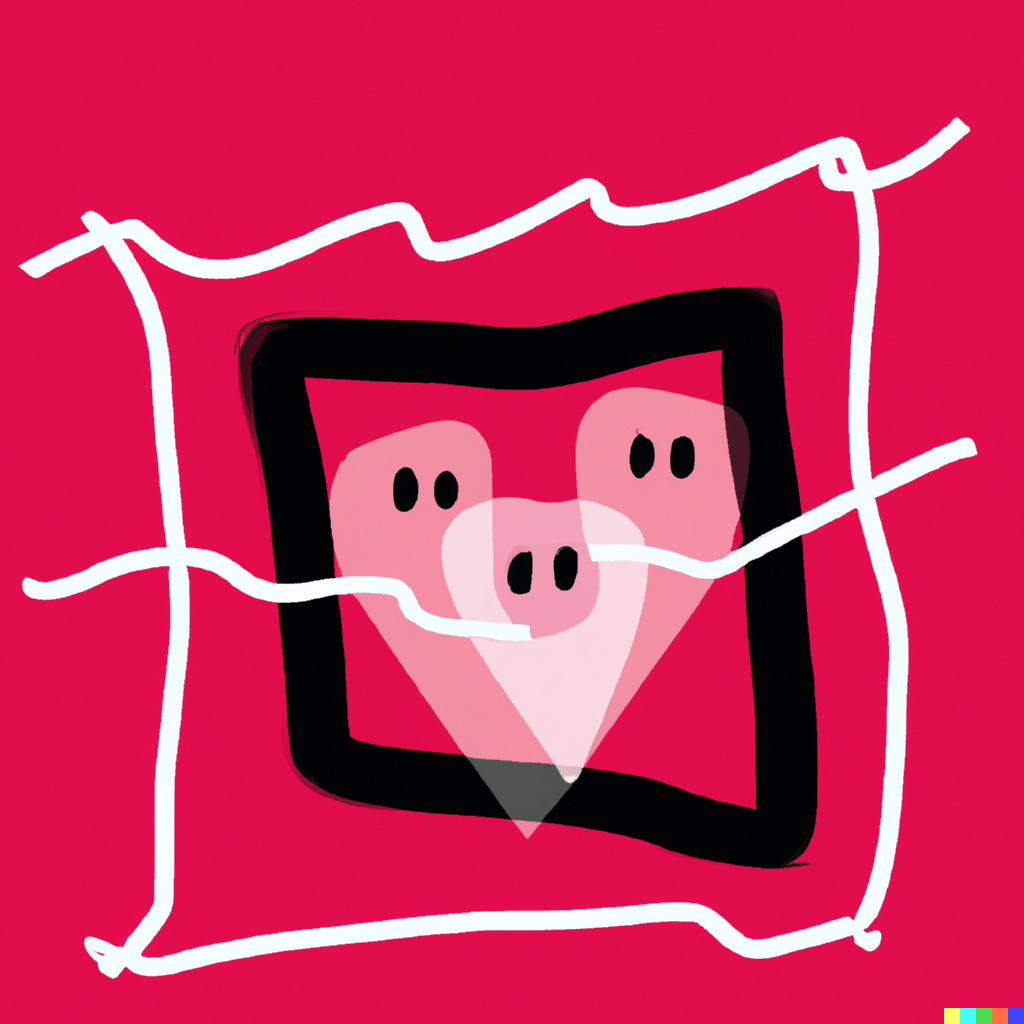
ALL SOAD ALBUMS SLAP


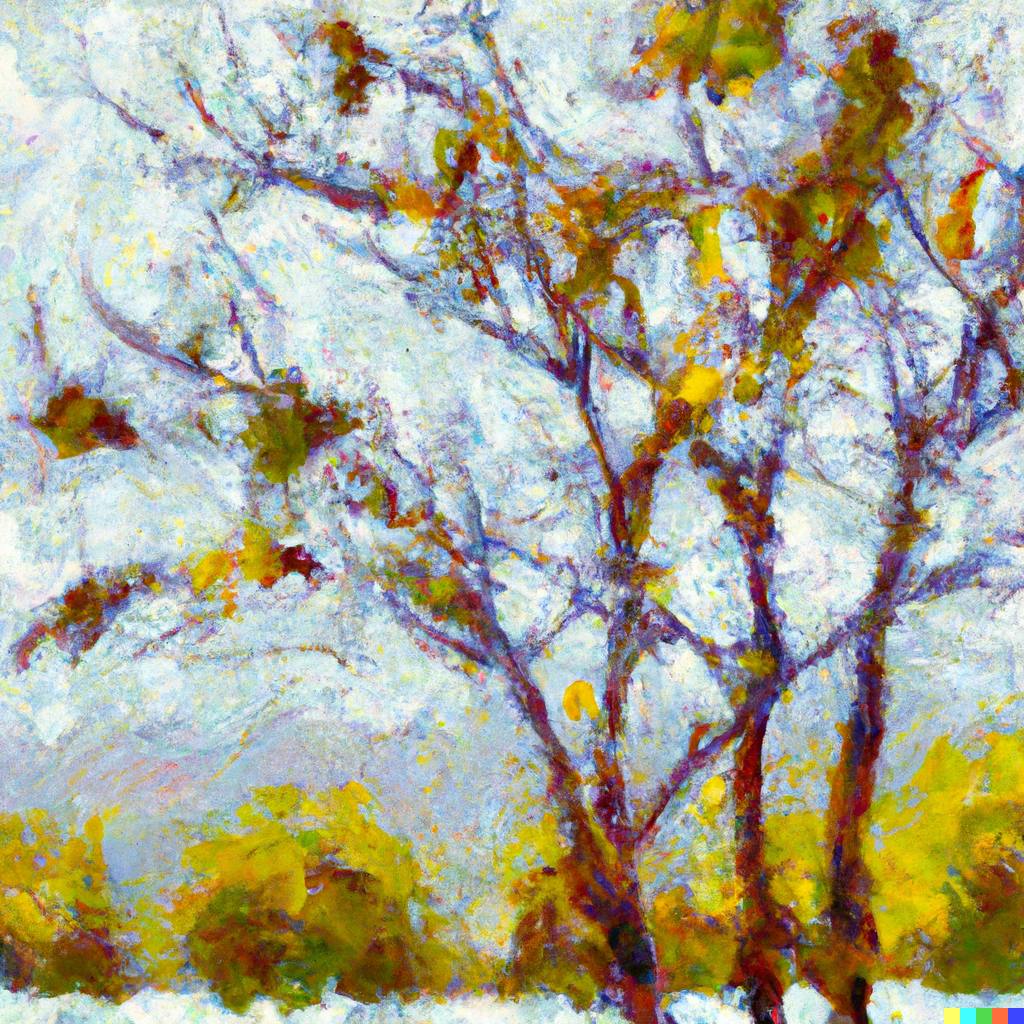

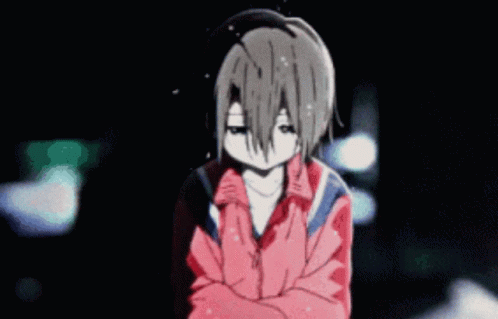


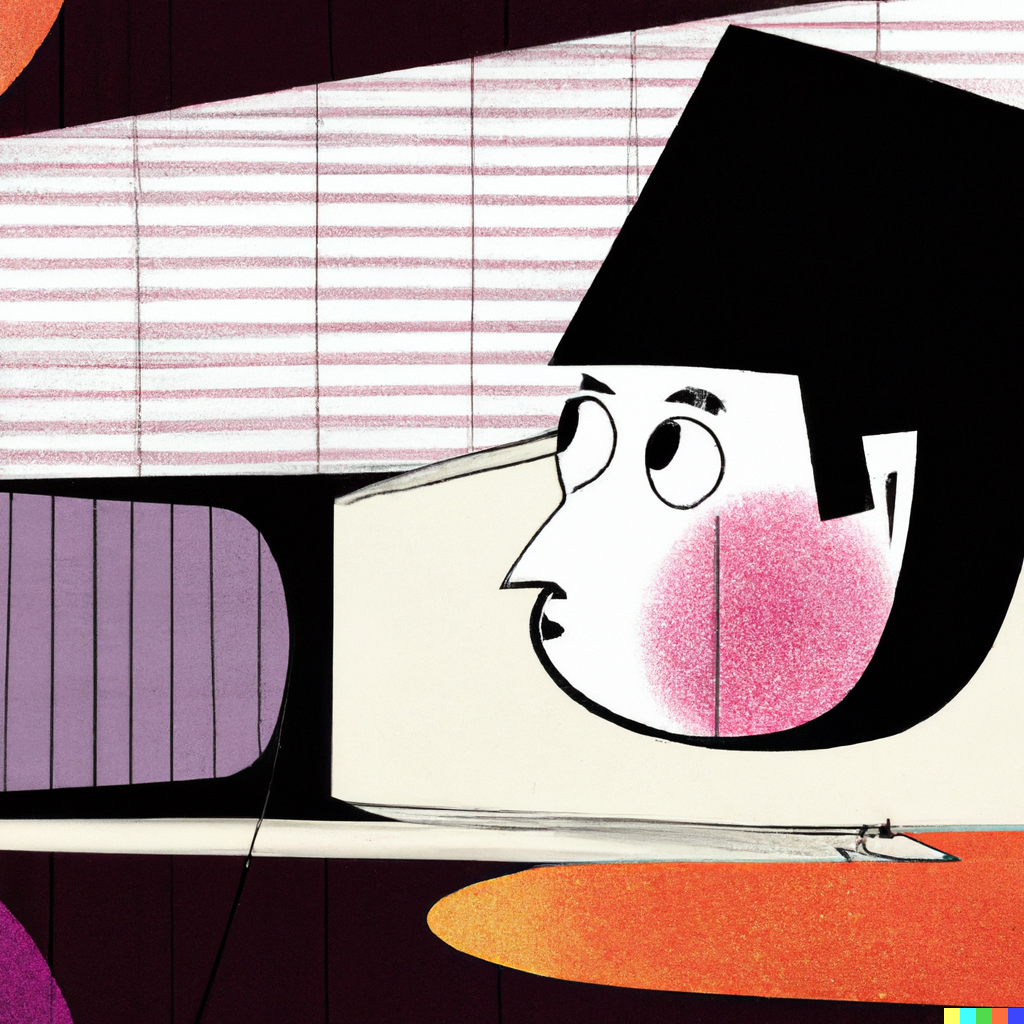
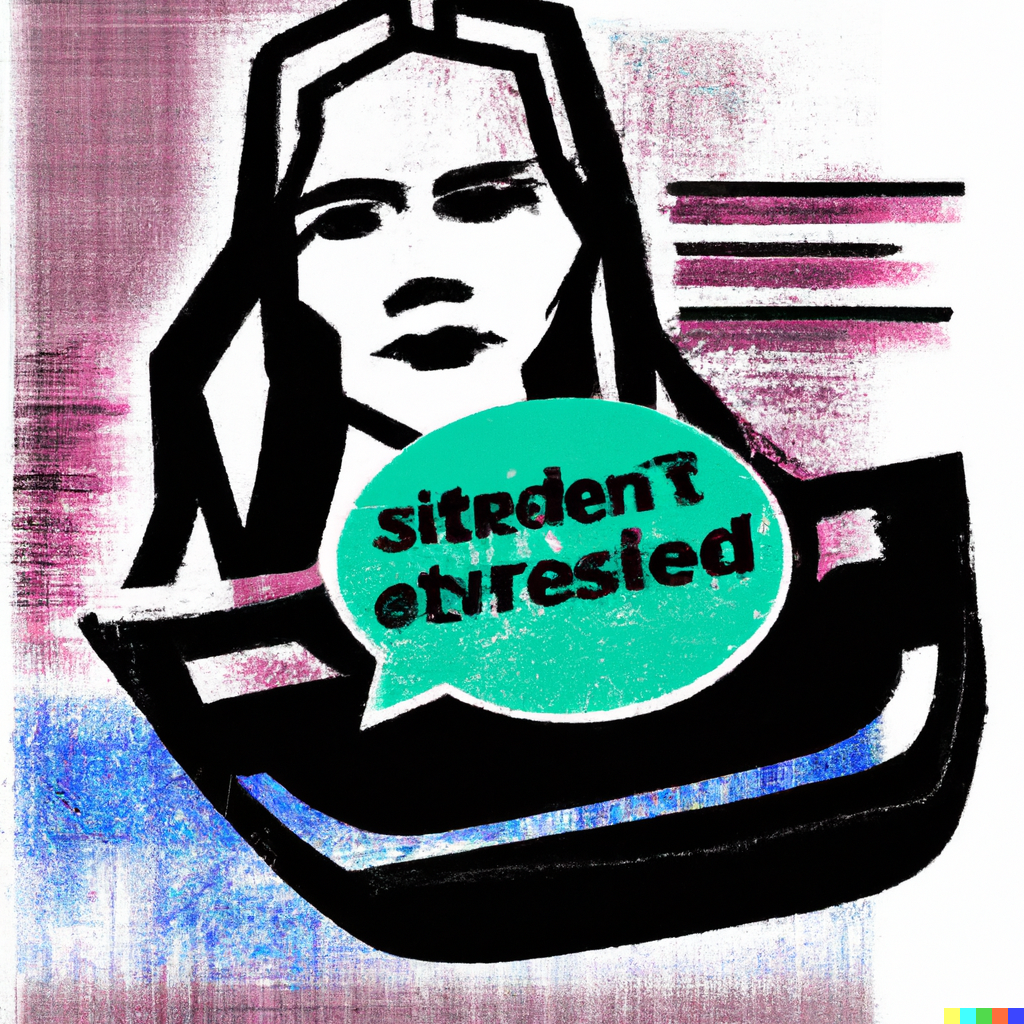
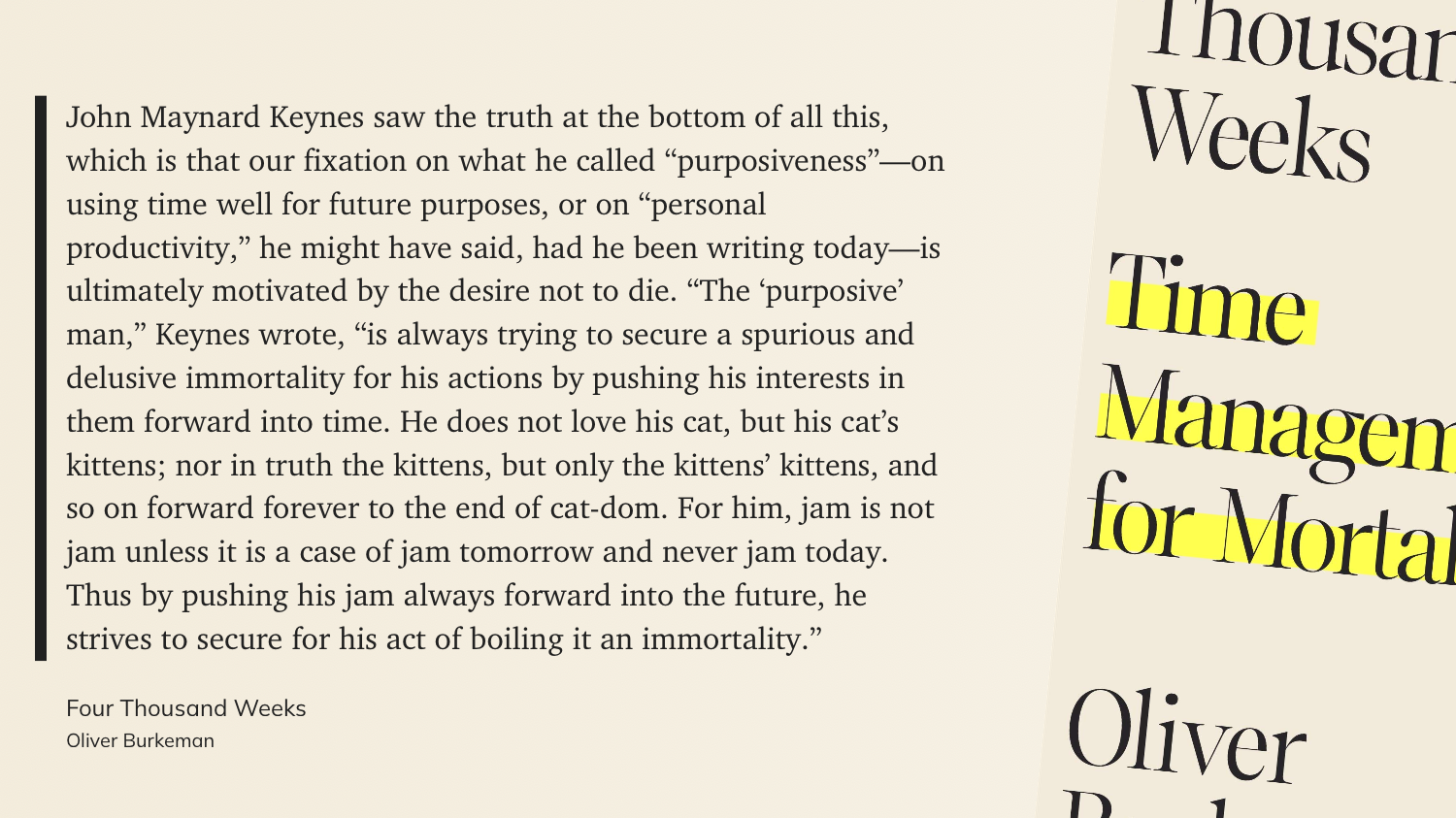
Here's the thing, we're hung up on the wrong enemy. It's not ambition, but mortality. Having dreams and goals, isn't that what makes this whole being conscious thing fun?
it is wrong to speak of death as the price of life's vitality. Death is rather its matrix. Stevens puts it even more peremptorily: "Death is the mother of beauty; hence from her, / Alone, shall come fulfillment to our dreams / And our desires." Death neither negates nor terminates life but gives birth to its intrinsic potentialities, especially its potentiality for appearance. Without death there is no fulfillment of potentiality nor any ever-changing moods of the phenomenal world. Death may "strew the leaves / Of sure obliteration on our paths," yet "she makes the willows shiver in the sun… (Location 256)
The vita activa, if we adopt Hannah Arendt's concept of it, consists of labor, work, and action. Labor is the endless and inglorious toil by which we secure our biological survival, symbolized by the sweat of Adam's brow as he renders the earth fruitful, contending against blight, drought, and disaster. But biological survival alone does not make us human. What distinguishes guishes us in our humanity is the fact that we inhabit relatively permanent manent worlds that precede our birth and outlast our death, binding the generations together in a historical continuum. These worlds, with their transgenerational things, houses, cities, institutions, and artworks, are brought into being by work. While labor secures our survival, work builds the worlds that make us historical. The historical cal world, in turn, serves as the stage for human action, the deeds and speech through which human beings realize their potential for freedom and affirm their dignity in the radiance of the public sphere.
— Gardens: An Essay on the Human Condition by Robert Pogue Harrison
What distinguishes life from the inanimate matter in which it has its origins is the continuous self-exceeding by which it bursts forth from the lifeless less and ecstatically maintains itself in being through expenditures that increase rather than deplete the reserves of vitality. Life is an excess, call it the self-ecstasy of matter. Care in turn is a world-forming, ethically cally laden extension of the terra-forming forces that built, through an overload of vitality, what the late Stephen Jay Gould called the "full house" of our teeming biosphere.
— Gardens: An Essay on the Human Condition by Robert Pogue Harrison
“Certainly one could say that our congenital Western restlessness is both the consequence and the cause of the loss of those basic structures that once used to direct and regulate the course of human action. Capitalism, for example, has been the most powerful force of social, political, economic, and cultural destabilization the world has ever known, especially in its recent drive to globalize, and in the process deregulate, the international economy. In The Communist Manifesto Marx and Engels presciently spoke of how capitalism, by virtue of its self-propelled dynamism, was bound to promote "constant revolutionizing of production, uninterrupted disturbance of all social conditions, everlasting uncertainty and agitation" (Engels and Marx, 68). There is hardly a society anywhere in the world that has not been convulsed by the process described by Marx and Engels-a process that got under way in earnest after they wrote the Manifesto-and there is no telling what further catastrophic disruptions it may yet hold in store for humankind.”
— Gardens: An Essay on the Human Condition by Robert Pogue Harrison
As the defining spiritual condition of our late and perhaps even terminal modernity, the restlessness in question could be characterized as a whirlwind wherein those of us who are swept up in its turbulence are at once driven and aimless. This is a paradoxical condition, to be sure. To be both driven and aimless means that the impulses that set us into motion may have proximate goals but no ultimate aim, unless the perpetuation of aimless motion can be considered an aim in itself.”
— Gardens: An Essay on the Human Condition by Robert Pogue Harrison
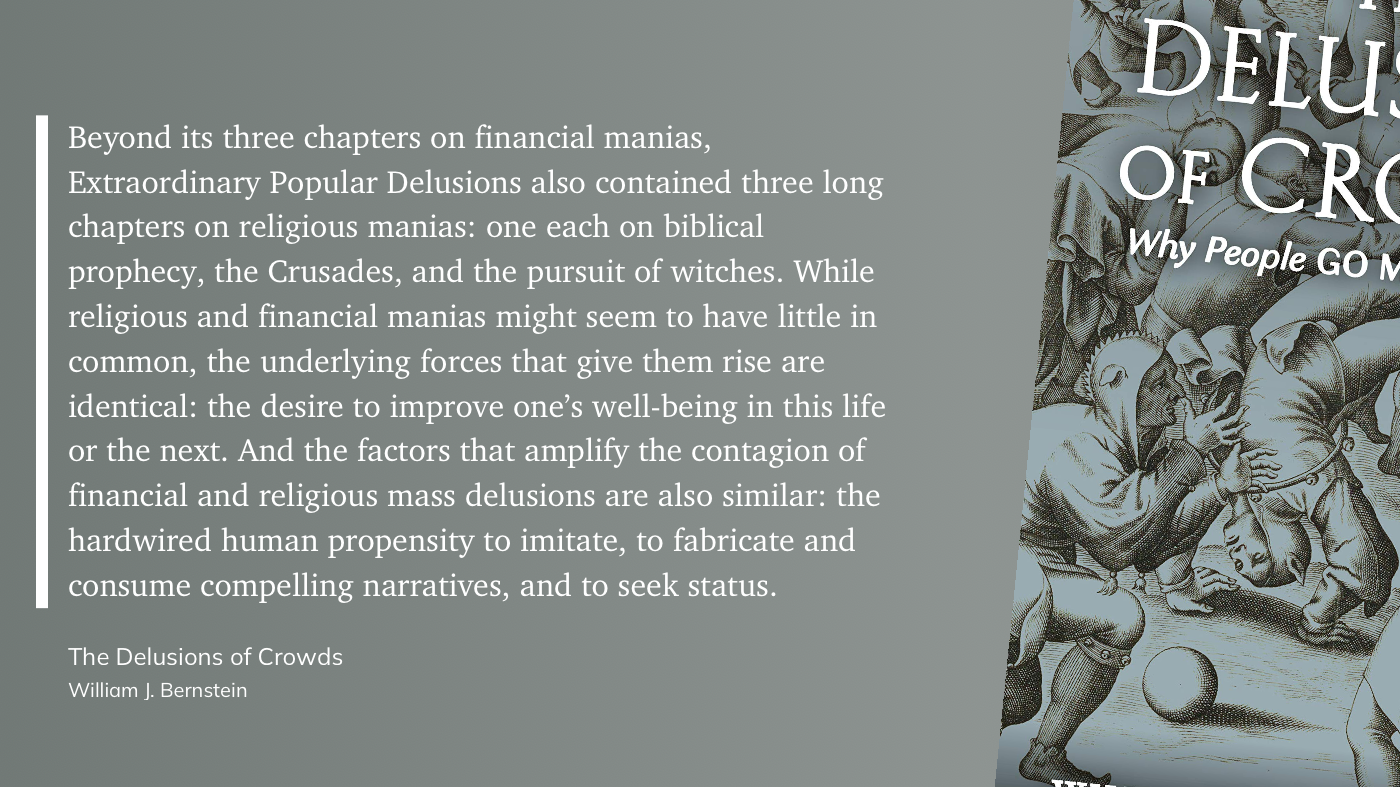
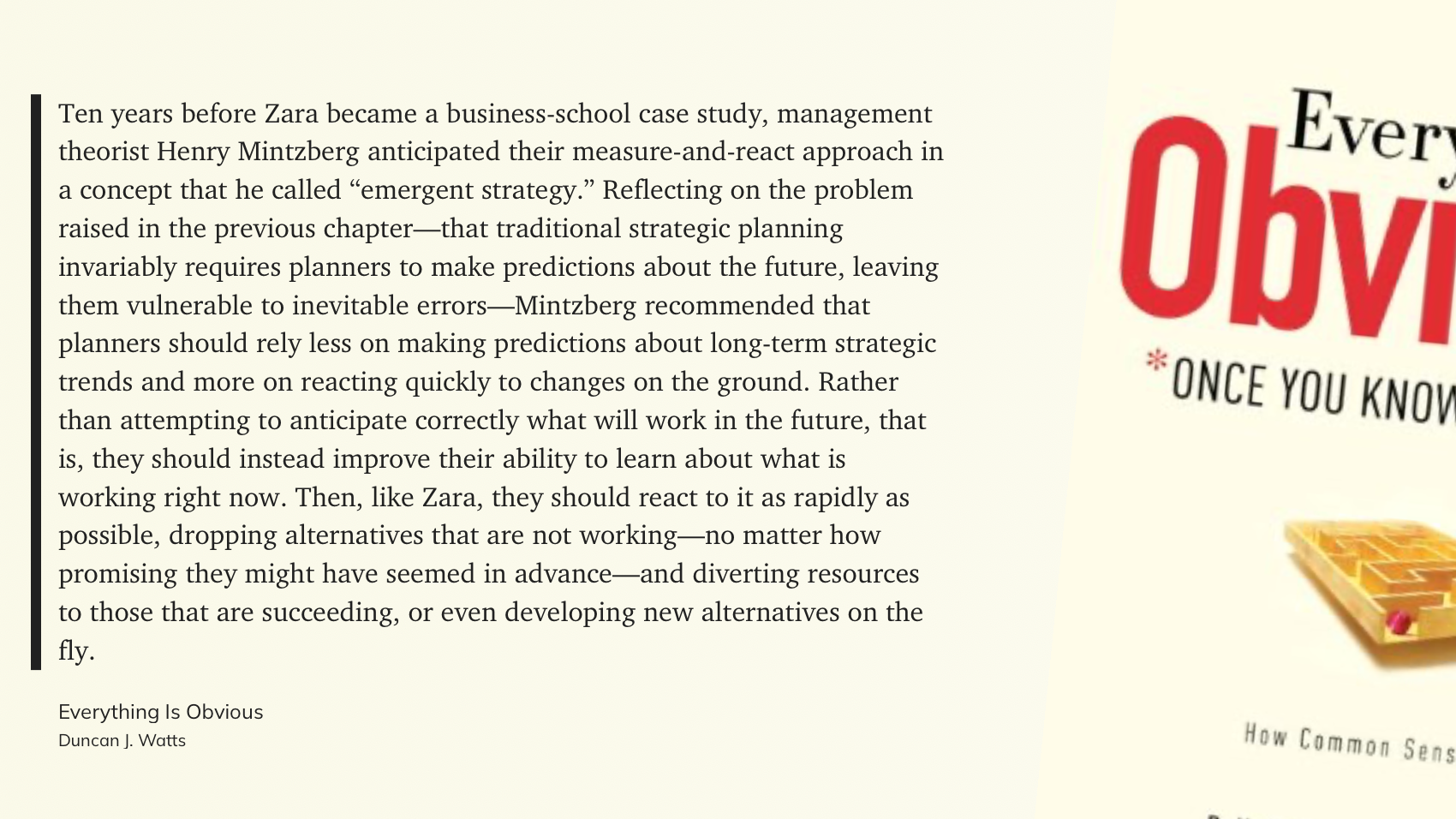
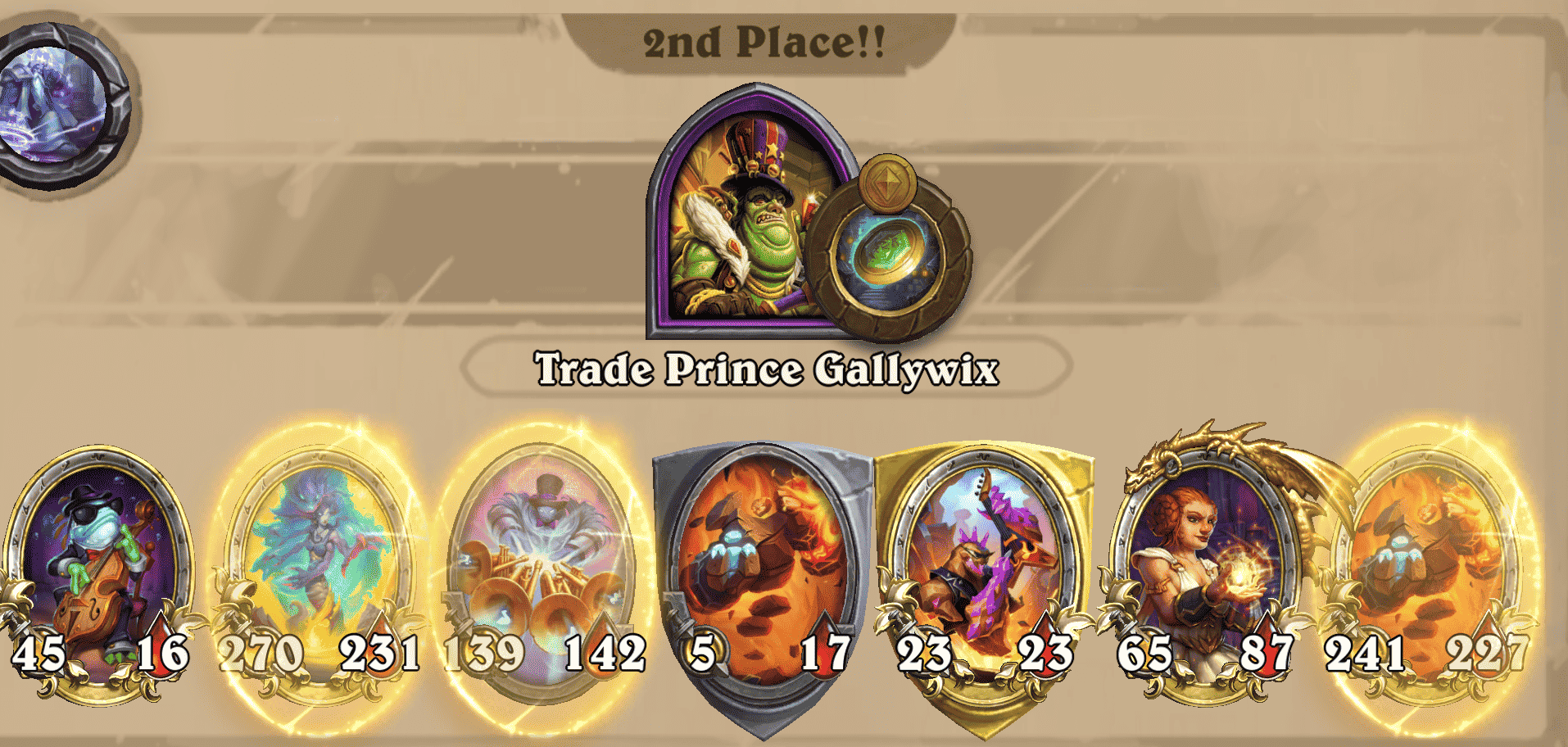
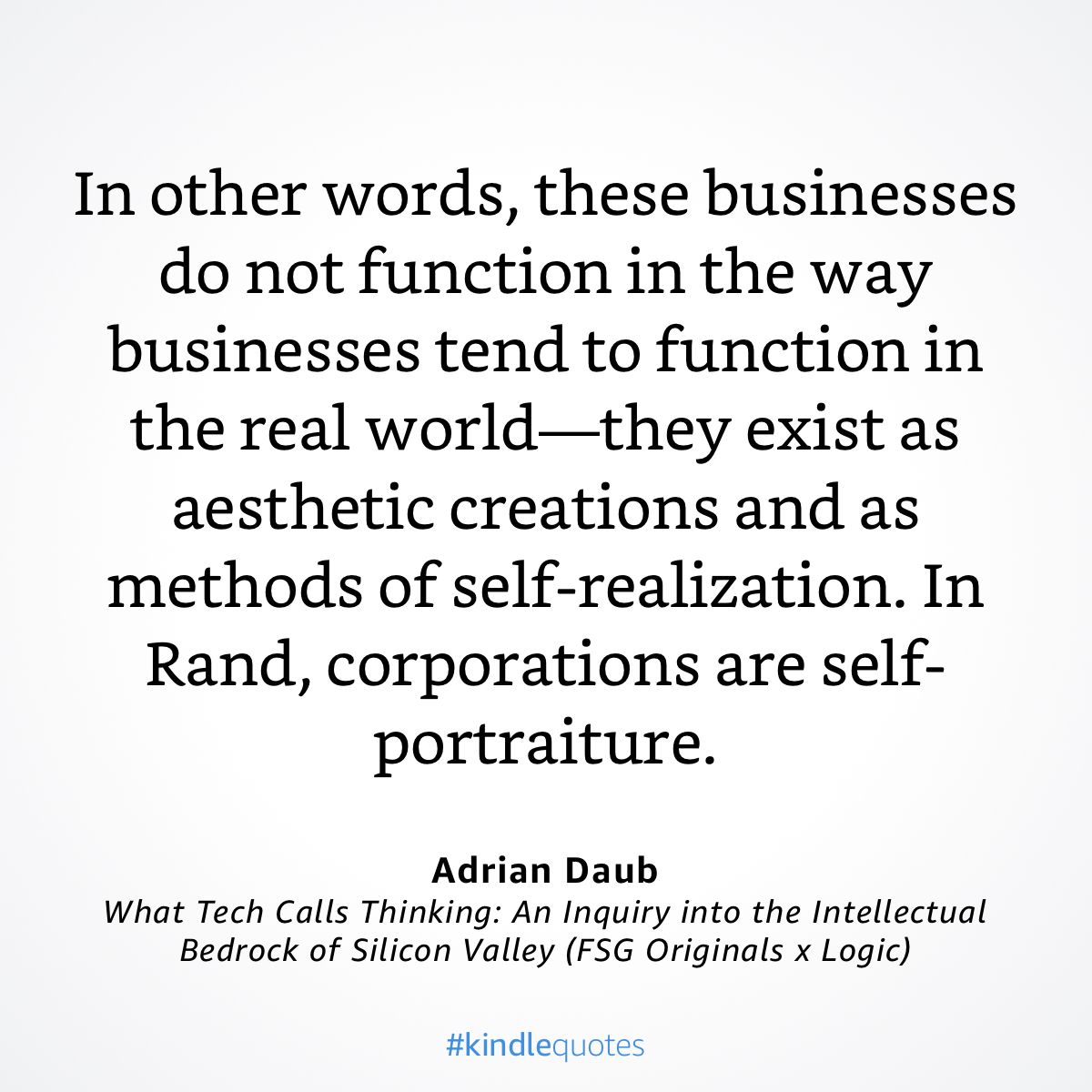

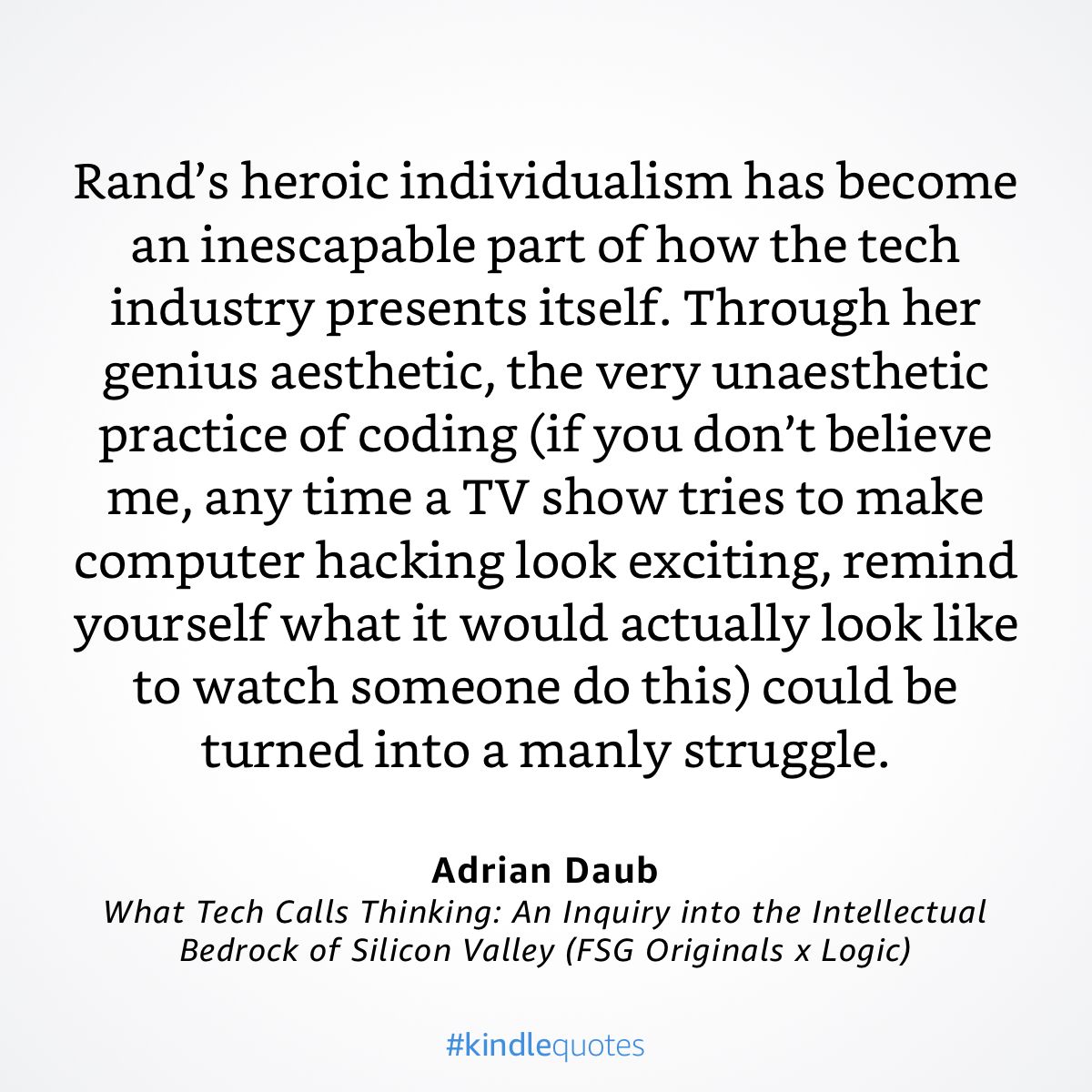
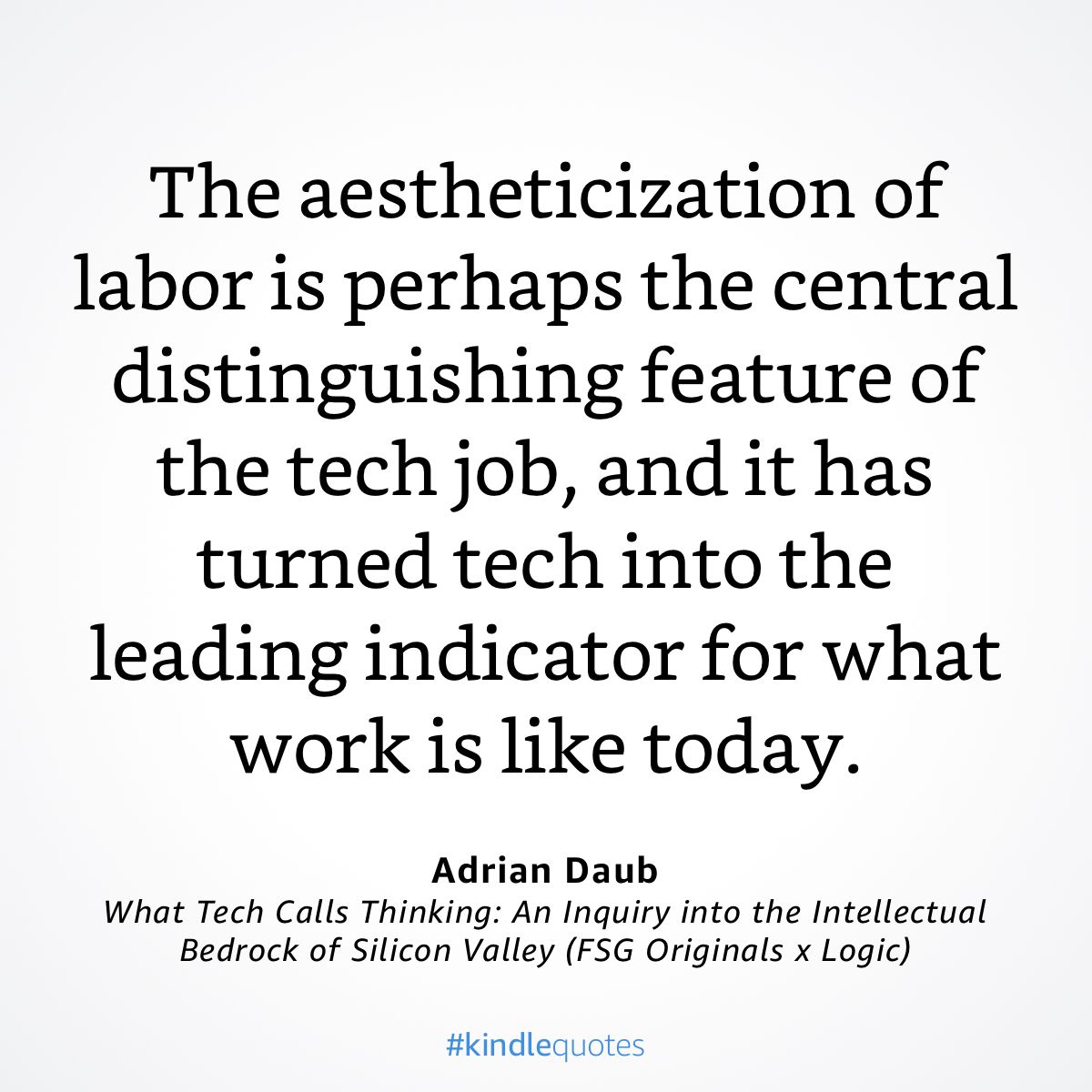
Basically day in the life videos
“Rand’s kind of resistance doesn’t require you to change the way you live your life; it doesn’t require you to grapple with a completely new picture of the world. It requires you to do what you’re already doing, but now with the added halo of the political.
Don’t like paying your taxes? Well, good news, that’s now an ideological stance. Annoyed by bureaucracy and tedious meetings? Well, congrats, because that’s philosophy now.
This is the genius behind the kvetching about “political correctness,” for instance: you get to keep talking the way you’ve always talked, but instead of having to worry you’re being lazy, you get to tell yourself you’re actually being courageous.
The genius aesthetic that rules the tech industry relies again and again on this purely gestural kind of courage, on hyping everyday things into grand acts of nonconformism and even resistance.
You repeat what people around you are saying anyway and get to call yourself a freethinker. You invest other people’s money to make use of other people’s labor, and you get to call yourself a risk-taker. You tell your coworkers that they really shouldn’t be your coworkers, then you go on Tucker Carlson and talk about persecution.”
— What Tech Calls Thinking: An Inquiry into the Intellectual Bedrock of Silicon Valley (FSG Originals x Logic) by Adrian Daub
https://a.co/7jpCFSu


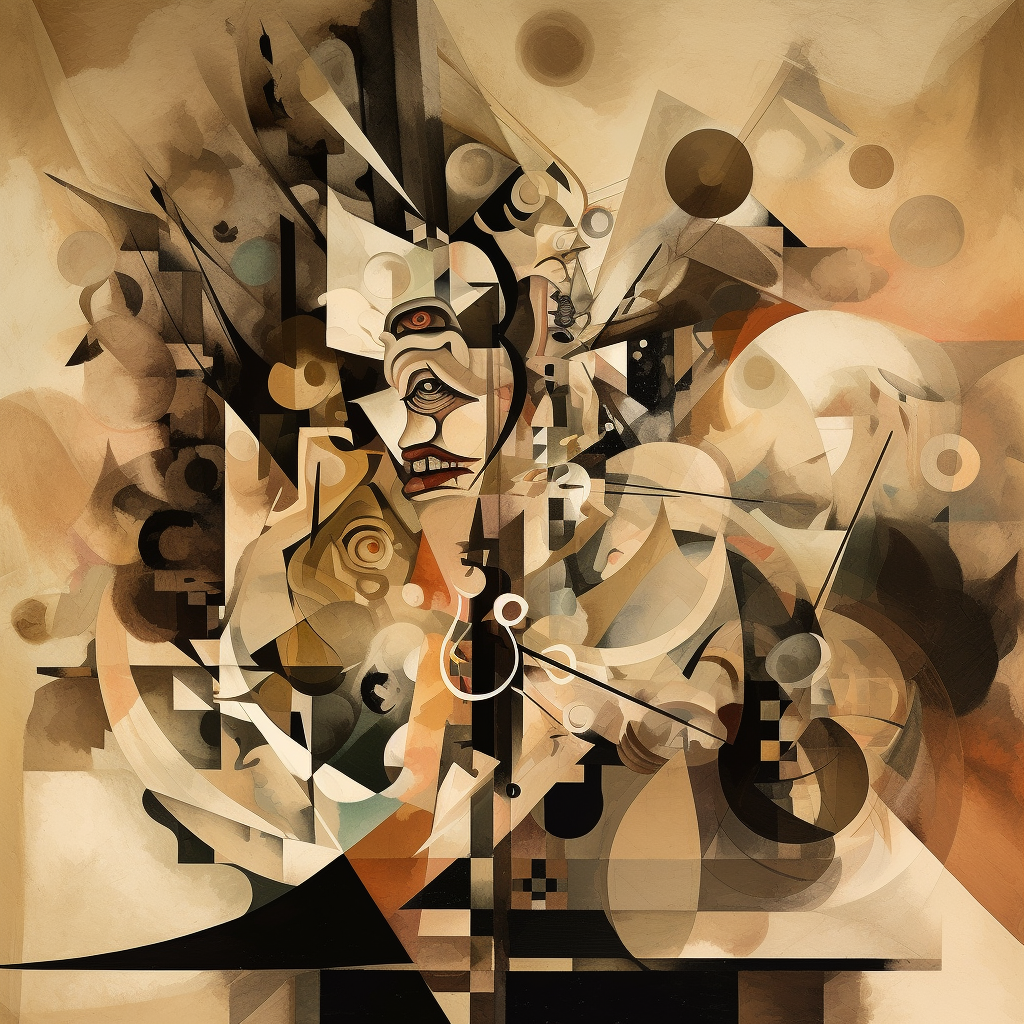
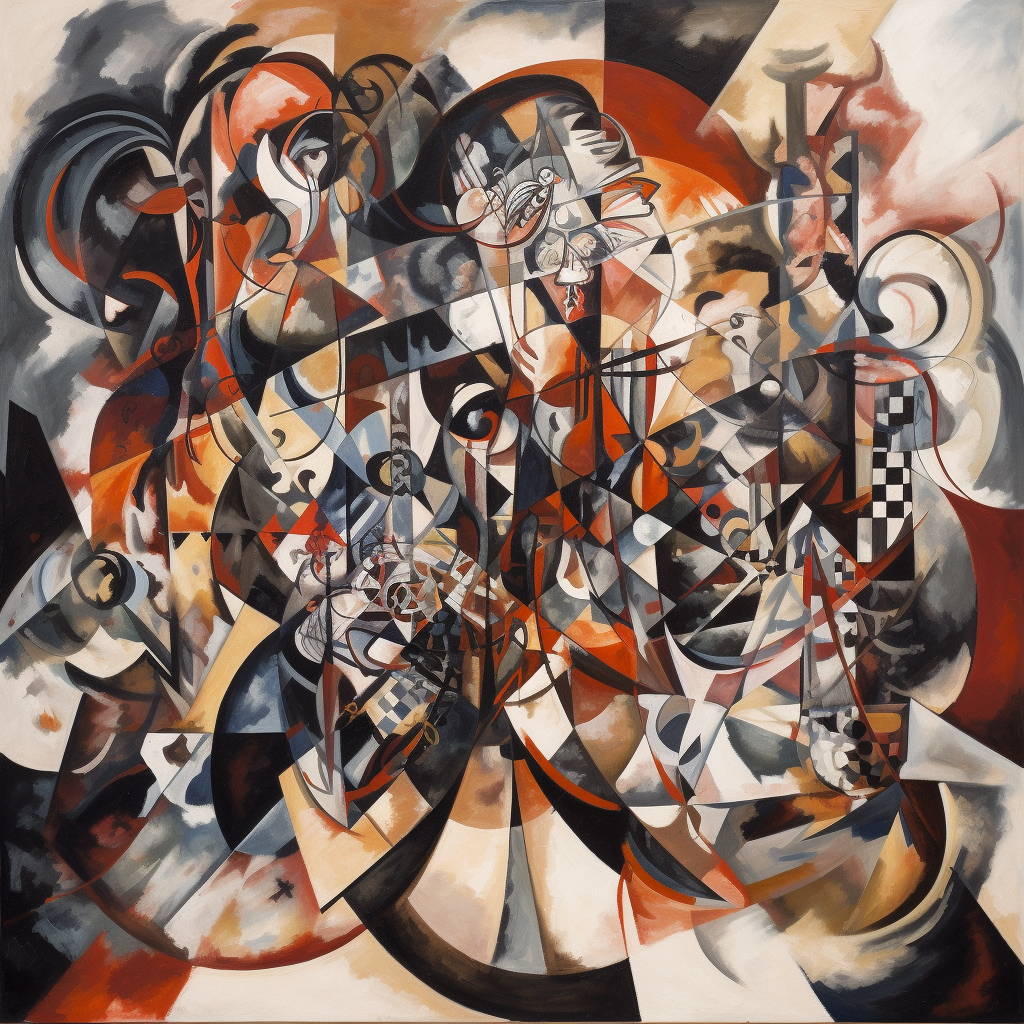
I cannot believe zuck et al just beat gpt 3.5 at humaneval pass@1 and is approaching gpt4 with only 34b params
— kache (yacine) (e/boy ) (@yacineMTB) August 24, 2023
(47 pages, therefore reaction thread - code llama) pic.twitter.com/zURs3U1Ul0
A cutout of Midoriya over an AI paper's abstract. We've come full circle. The AI and anime communities have collapsed.
